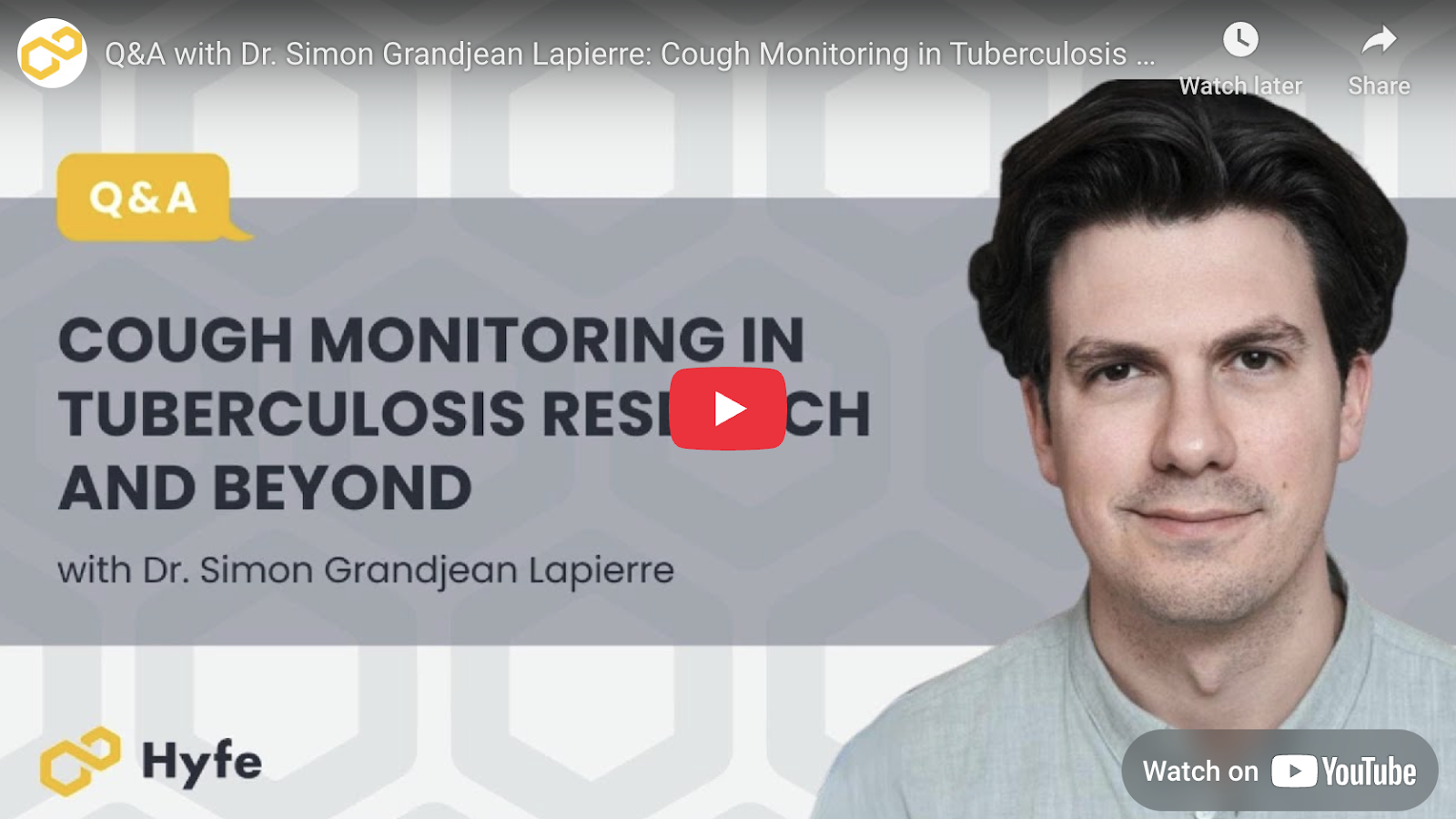
New cough science publications vetted and collected in one place
Which patients with COPD would benefit from cough monitoring?
Key takeaway
This post hoc analysis examined which COPD patients are most likely to benefit from passive nighttime cough monitoring for early exacerbation detection. While baseline cough statistics couldn’t be predicted from patient data, a logistic regression model using age and CAT score achieved 85 percent accuracy in identifying patients who exhibit increased cough during exacerbations, key for alert system performance.
Why it matters
Passive cough monitoring systems are promising tools for identifying COPD exacerbations early. This study shows that patient stratification can significantly improve alert accuracy. It highlights the potential of targeted deployment for scalable and effective COPD management.
Can AI and acoustic biomarkers detect lung cancer through a cough?
Key Takeaway
This study, part of the I3LUNG project, used machine learning and deep learning models to analyze forced cough recordings from NSCLC patients and healthy individuals. The deep learning model achieved 95% accuracy and 100% specificity in distinguishing patients, and cough features also varied by smoking status and presence of lung metastases.
Why It Matters
This research suggests that forced cough might be a non-invasive, AI-powered biomarker for early lung cancer detection and potentially for monitoring disease progression, however, much more work needs to be done for a viable solution to be validated and deployed.
Can shifting attention reduce cough sensitivity in RCC?
Key Takeaway
Distraction with the cognitive task chosen in this study did not influence cough reflex sensitivity in either group, which is contrary to studies on healthy volunteers and anecdotal evidence reported by refractory chronic cough (RCC) patients.
Why It Matters
While prior studies and limited evidence suggested attention might influence cough, this study highlights the complexity of applying cognitive strategies to RCC. It suggests that effective attentional interventions may need to be more personalized and better mimic real-world scenarios to support behavioural cough suppression therapy (BCST).
Plus…
Catch up on expert insights from recent conversations in cough science

https://www.hyfe.com/insights/q-a-with-dr-nadia-giannetti

https://www.hyfe.com/insights/q-a-with-dr-grandjean-lapierre

https://www.hyfe.com/insights/q-a-the-future-of-cough-care-inside-the-first-ever-cough-dtx
Our Chief Medical Officer, Dr. Peter Small, will be attending the World Association of Sarcoidosis and other Granulomatous Disorders (WASOG) 2025 meeting in Canada, August 24–27. We’ll be sharing our experience collaborating with leading experts and monitoring cough in pulmonary sarcoidosis. Reach out to peter@hyfe.com to connect before or during the event!
We’re also looking ahead to the ERS Congress 2025 in Amsterdam this September. Our academic and industry collaborators have several presentations lined up - more about it in the coming newsletters! Our CEO, Tamsin Chislett, and Digital Health Lead, Dr. Mindaugas Galvosas, will be there to present a few posters and recent insights from Hyfe. To connect at ERS, send a message to mindaugas@hyfe.com.